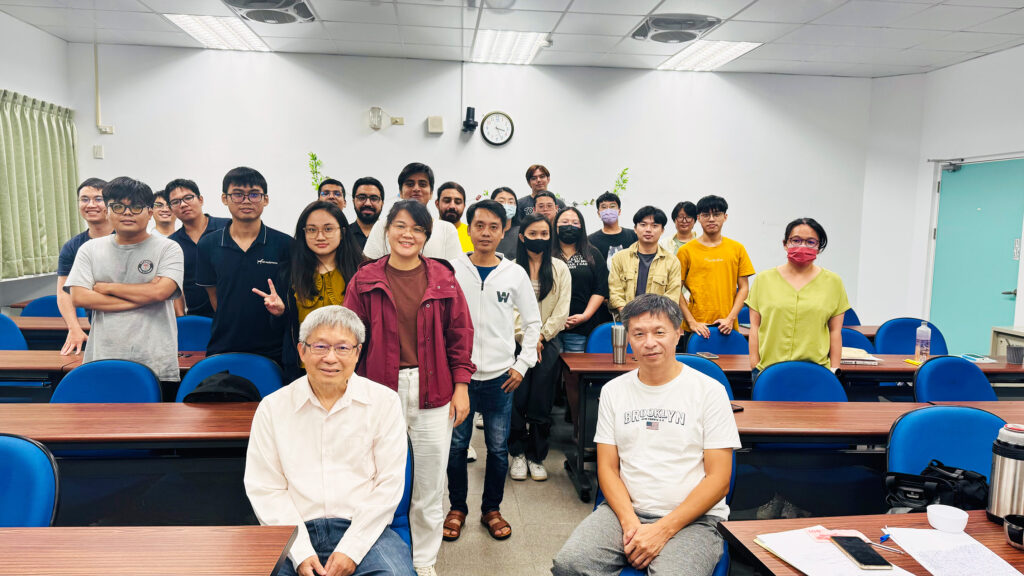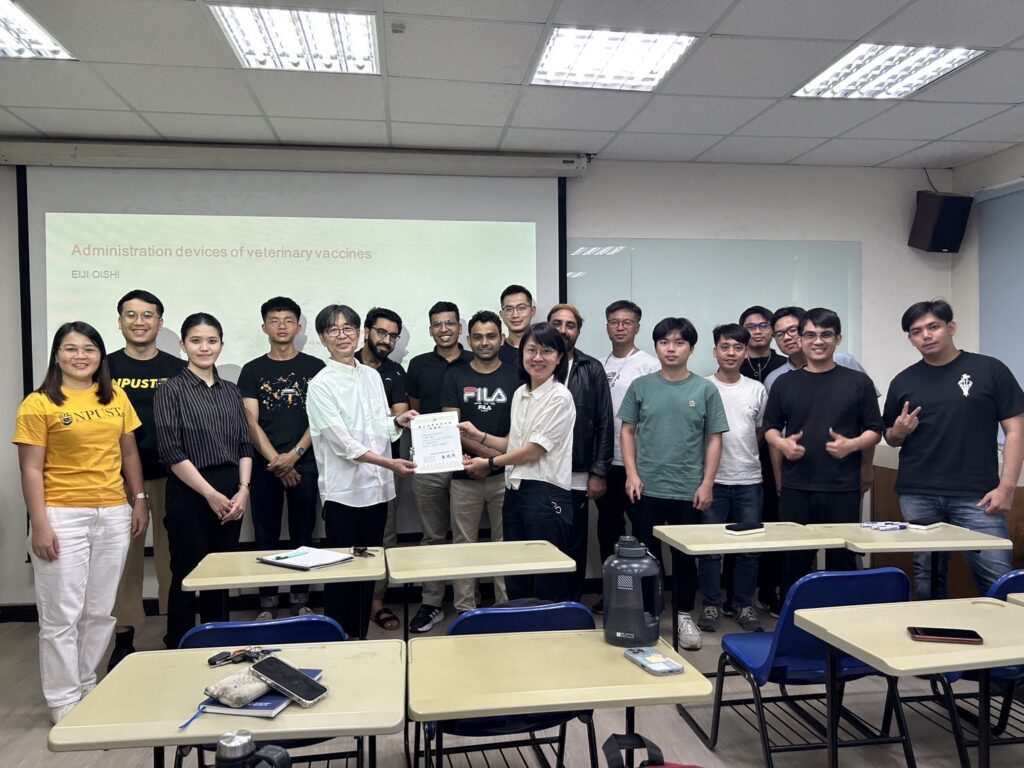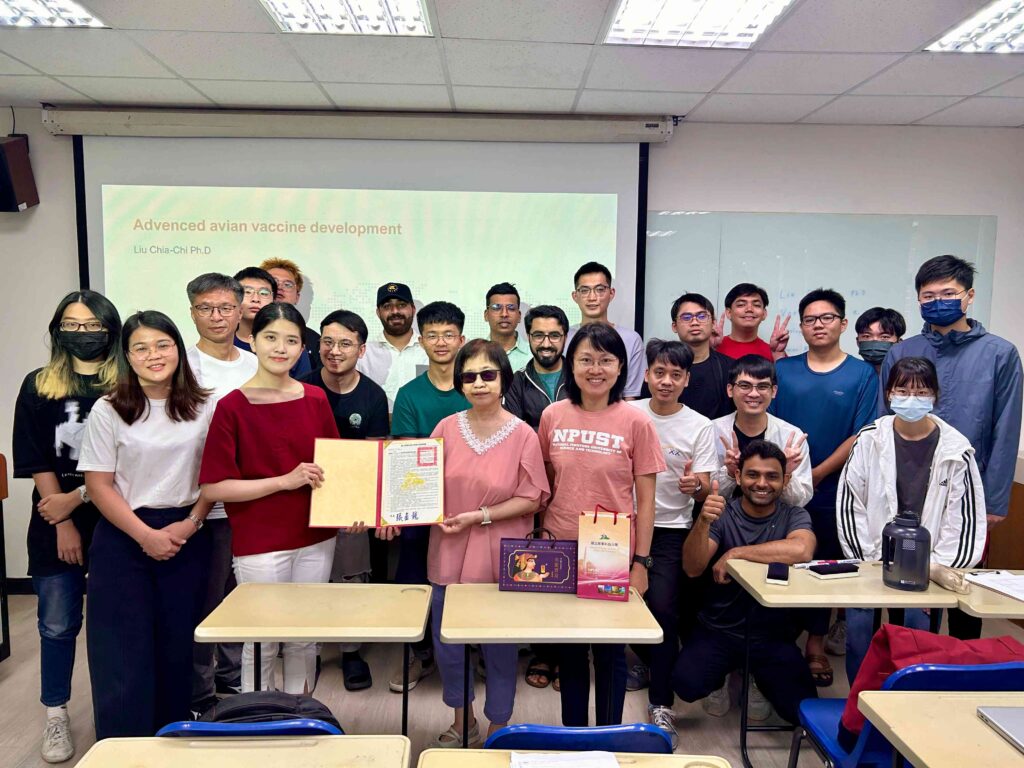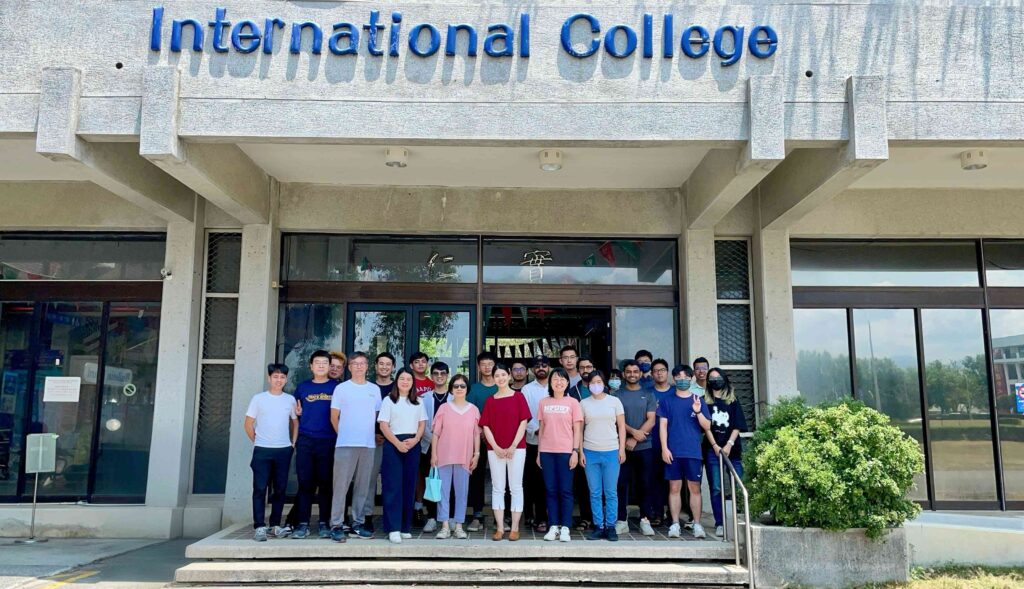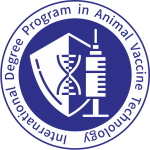On October 8, 2024, Prof. Liang-Chou Hsia delivered an engaging seminar at IAVT titled “Learn about Animal Behavior for Fun and Applications.” The session focused on the fascinating aspects of animal behavior and its practical applications in various fields.
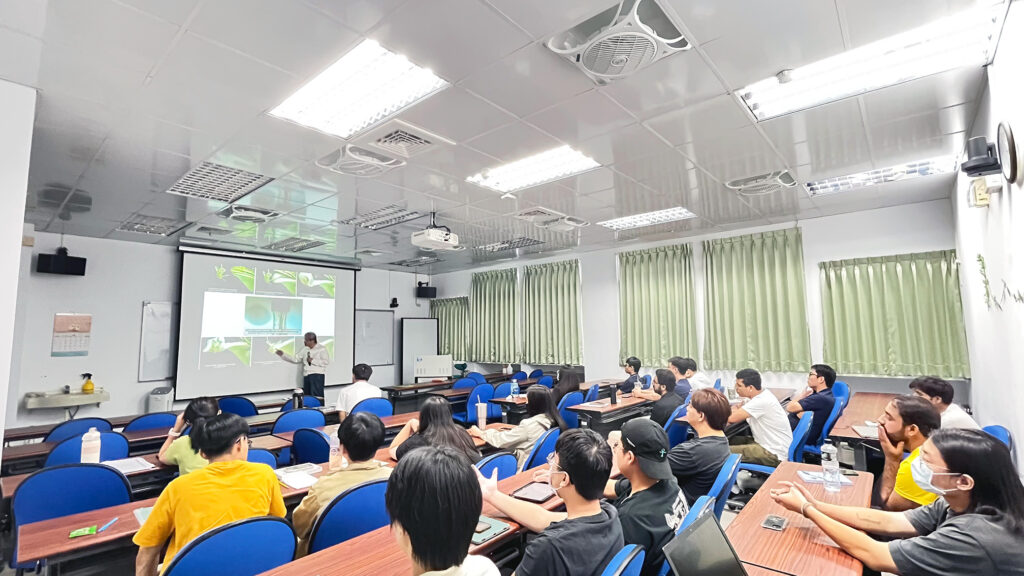
Prof. Hsia shared insights into how understanding animal behavior can enhance interactions between humans and animals, benefiting areas such as agriculture, conservation, and pet care. He emphasized the importance of observing and interpreting animal behaviors to improve welfare and management practices.
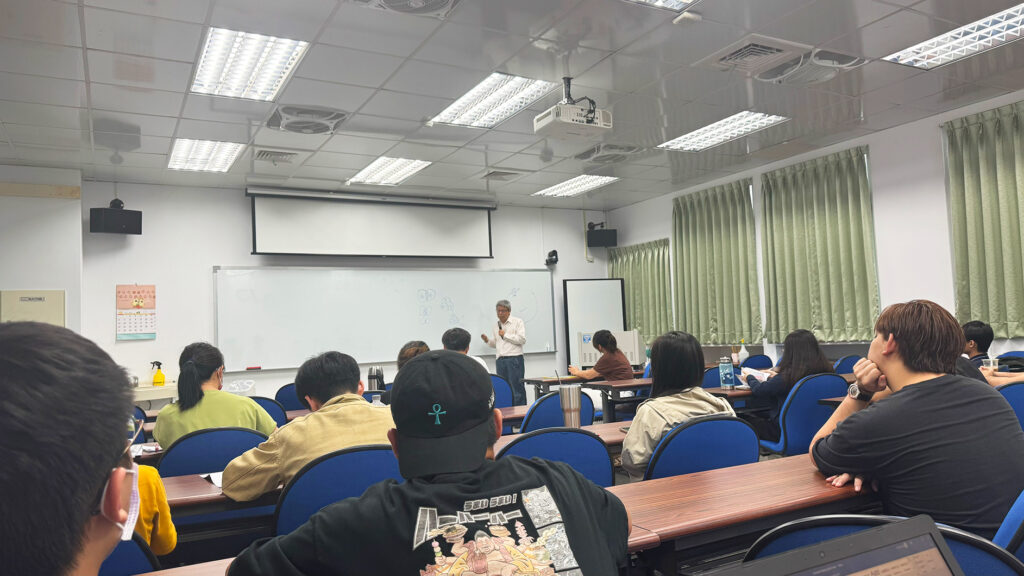
Students were encouraged to explore the fun side of learning about animal behavior while also considering its implications for real-world applications. The seminar attracted students eager to deepen their knowledge of this intriguing subject, highlighting the relevance of animal behavior studies in today’s society.
